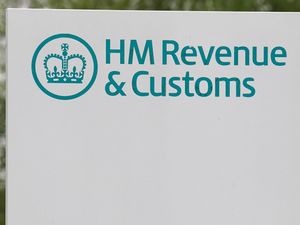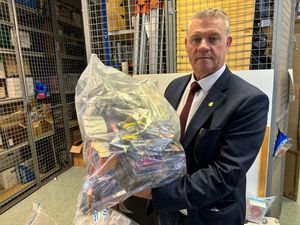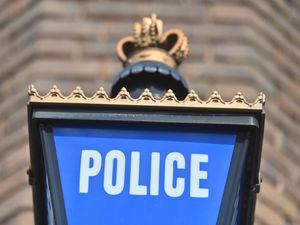Just one in 10 charged over knife crimes in West Midlands
Only around one in 10 knife crime offences in the West Midlands result in a person being charged, it can be revealed.
West Midlands Police say that in the last financial year there were 3,476 knife crime offences recorded across the region, including robbery, assault, stabbings, murders and other violent attacks.
But of those just 11.4 per cent resulted in a charge being brought, according to the force's Chief Constable Dave Thompson.
Over the same period 4,472 knife possession offences were recorded, 39.2 per cent of which led to a charge or a summons.
The West Midlands is in the grip of a violent crime epidemic, with knife offences up 17 per cent in 2018 and the murder rate at a 10-year high.
Mr Thompson revealed the figures at a meeting of the Strategic Policing and Crime Board.
He said the figures did not take into account offences that were dealt with by a caution, adding that higher recording rates had impacted on the figures.
Resources
West Midlands Police and Crime Commissioner David Jamieson said: "The level of knife crime is alarming.
"Some of it would not attract a charge, but it is deeply concerning that we are not able to get to the large number of instances where there should be a charge.
"I think it is partly down to resources. There is a degree of the force being overwhelmed by some of the problems at the moment."
WMP is set to receive an extra £7.5m from the Government in a bid to tackle violent crime, with other funding pots available including £2m for young offenders and £3m to get youngsters away from criminality.
An additional £10m over three years will come via the West Midlands Combined Authority.
Mr Jamieson said some of the cash would be ploughed into neighbourhood policing "to get that good quality work, working with local people and tracking down criminals at a local level".
"This is not a one year problem," he added. "It is something we have got to tackle over a number of years – a point which I have made consistently to the Home Secretary.
"It is not a case of putting some money in now and hoping it will all go away. It won't. We've made that mistake in the past and we are not going to make it again."
'Constant funding challenges'
The force has lost £175m and more than 2,000 officers since 2010.
Mr Jamieson said that despite "constant funding challenges" he was committed to investing in schemes "to divert young people away from crime".
These include rolling out youth workers into major A&E departments across the West Midlands – including Wolverhampton's New Cross Hospital – in a bid to break the cycle of violence.
He has also expanded work in schools to explain the dangers of carrying a knife, launched a mentoring programme for young people, and invested in gang mediators to diffuse disputes in communities.
Mr Thompson said the force was looking to invest in speeding up the pace of assault investigations, warning that lengthy probes were having a negative impact on victim confidence.
"Sometimes we are having difficulty in getting a charge decision in custody, which means that many of those offenders are released pending an investigation," he said, adding that on other occasions there were not enough staff available to "get through the work fast enough".
"Some of our outcome rates in Section 18 and Section 20 [assault] offences is probably the area I would like to see improved with the initial investment this year."




